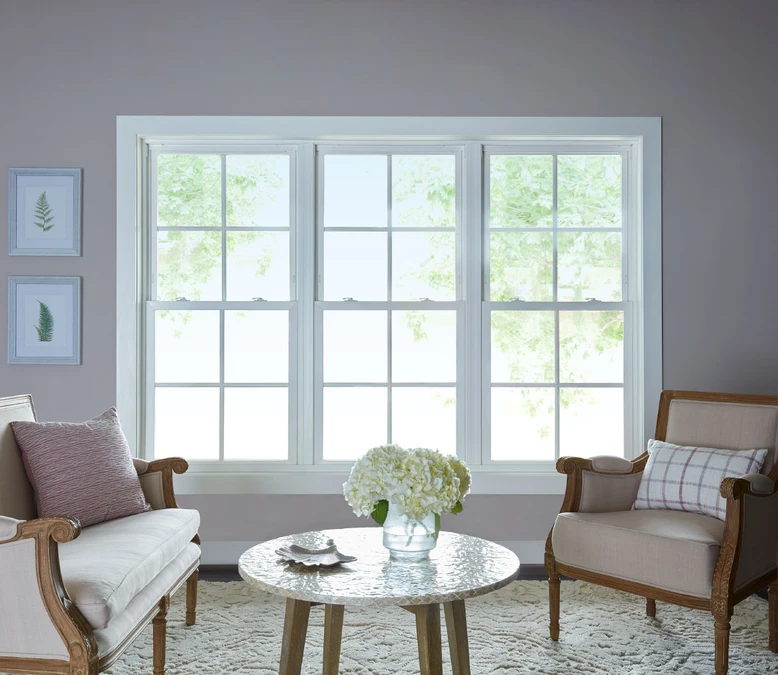When considering home improvements, energy-efficient windows often come up as a topic of interest. But are they truly worth the investment? In this blog post, we’ll explore the benefits of energy-efficient windows, the cost implications, and how they can impact your home’s overall value and comfort.
Understanding Energy-Efficient Windows
Energy-efficient windows are designed to minimize the amount of energy your home loses or gains through its windows. They typically feature advanced materials and technologies such as:
- Low-E Glass: Low-emissivity (Low-E) coatings on glass reduce heat transfer.
- Gas Fills: Argon gas between panes enhances insulation.
- Multiple Panes: Double or triple panes of glass provide better insulation than single-pane windows.
- Warm Edge Spacers: These spacers reduce heat flow and condensation.
Benefits of Energy-Efficient Windows
- Reduced Energy Bills: One of the most significant benefits of energy-efficient windows is their ability to lower your energy bills. By reducing heat loss in the winter and heat gain in the summer, your HVAC system doesn’t have to work as hard to maintain a comfortable temperature, leading to reduced energy consumption.
- Improved Comfort: Energy-efficient windows help maintain a consistent indoor temperature, reducing cold drafts and hot spots. This creates a more comfortable living environment year-round.
- Noise Reduction: The multiple panes and gas fills in energy-efficient windows also help to reduce outside noise, making your home quieter and more peaceful.
- UV Protection: Many energy-efficient windows come with coatings that block harmful UV rays. This not only protects your skin but also helps prevent your furniture, carpets, and curtains from fading.
- Environmental Impact: By using less energy, you reduce your carbon footprint. Energy-efficient windows contribute to a more sustainable home and a healthier planet.
Cost Implications
The cost of energy-efficient windows can be higher than standard windows, but several factors can influence the overall investment:
- Material: The type of frame material (vinyl, wood, fiberglass) affects the price.
- Size and Style: Larger and more complex window designs will cost more.
- Installation: Professional installation is crucial for maximizing the benefits of energy-efficient windows, and labor costs can vary.
However, the higher initial cost can be offset by the long-term savings on energy bills. According to the U.S. Department of Energy, homeowners can save an average of 12% on their annual energy bills by upgrading to energy-efficient windows.
Impact on Home Value
Energy-efficient windows can also enhance your home’s resale value. Prospective buyers are increasingly looking for homes with green features, and energy-efficient windows are a significant selling point. They signify a well-maintained and forward-thinking property, which can lead to a higher asking price and a quicker sale.
Financial Incentives
To further reduce the cost of upgrading to energy-efficient windows, look for financial incentives such as:
- Tax Credits: Some governments offer tax credits for installing energy-efficient windows.
- Rebates: Utility companies and local governments may provide rebates for energy-efficient home improvements.
- Financing Programs: Some programs offer low-interest loans for energy-efficient upgrades.
Conclusion: Are They Worth It?
Investing in energy-efficient windows is often worth it for homeowners looking to improve their home’s comfort, reduce energy bills, and increase property value. While the initial cost can be higher, the long-term benefits and potential financial incentives make them a wise investment. By reducing energy consumption and enhancing your living environment, energy-efficient windows offer both immediate and lasting value.
If you’re considering upgrading your windows, consult with a reputable window installer to discuss the best options for your home and to ensure proper installation. With energy-efficient windows, you can enjoy a more comfortable, cost-effective, and environmentally friendly home.

